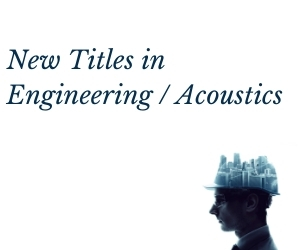System Upgrade on Tue, May 28th, 2024 at 2am (EDT)
Existing users will be able to log into the site and access content. However, E-commerce and registration of new users may not be available for up to 12 hours.For online purchase, please visit us again. Contact us at customercare@wspc.com for any enquiries.
Agent engineering concerns the development of autonomous computational or physical entities capable of perceiving, reasoning, adapting, learning, cooperating and delegating in a dynamic environment. It is one of the most promising areas of research and development in information technology, computer science and engineering.
This book addresses some of the key issues in agent engineering: What is meant by “autonomous agents”? How can we build agents with autonomy? What are the desirable capabilities of agents with respect to surviving (they will not die) and living (they will furthermore enjoy their being or existence)? How can agents cooperate among themselves? In order to achieve the optimal performance at the global level, how much optimization at the local, individual level and how much at the global level would be necessary?
Contents:
- Introduction to Agent Engineering (J-M Liu et al.)
- Why Autonomy Makes the Agent (S Joseph & T Kawamura)
- Knowledge Granularity Spectrum, Action Pyramid, and the Scaling Problem (Y-M Ye & J K Tsotsos)
- The Motivation for Dynamic Decision-Making Frameworks in Multi-Agent Systems (K S Barber & C E Martin)
- Dynamically Organizing KDD Processes in a Multi-Agent KDD System (N Zhong et al.)
- Self-Organized Intelligence (J-M Liu)
- Valuation-Based Coalition Formation in Multi-Agent Systems (S J Johansson)
- Simulating How to Cooperate in Iterated Chicken and Prisoner's Dilemma Games (B Carlsson)
- Training Intelligent Agents Using Human Data Collected on the Internet (E Sklar et al.)
- Agent Dynamics: Soap Paradigm (F W K Lor)
Readership: Computer scientists, programmers, information technology practitioners, systems engineers, managers, researchers and graduate students in engineering.




























